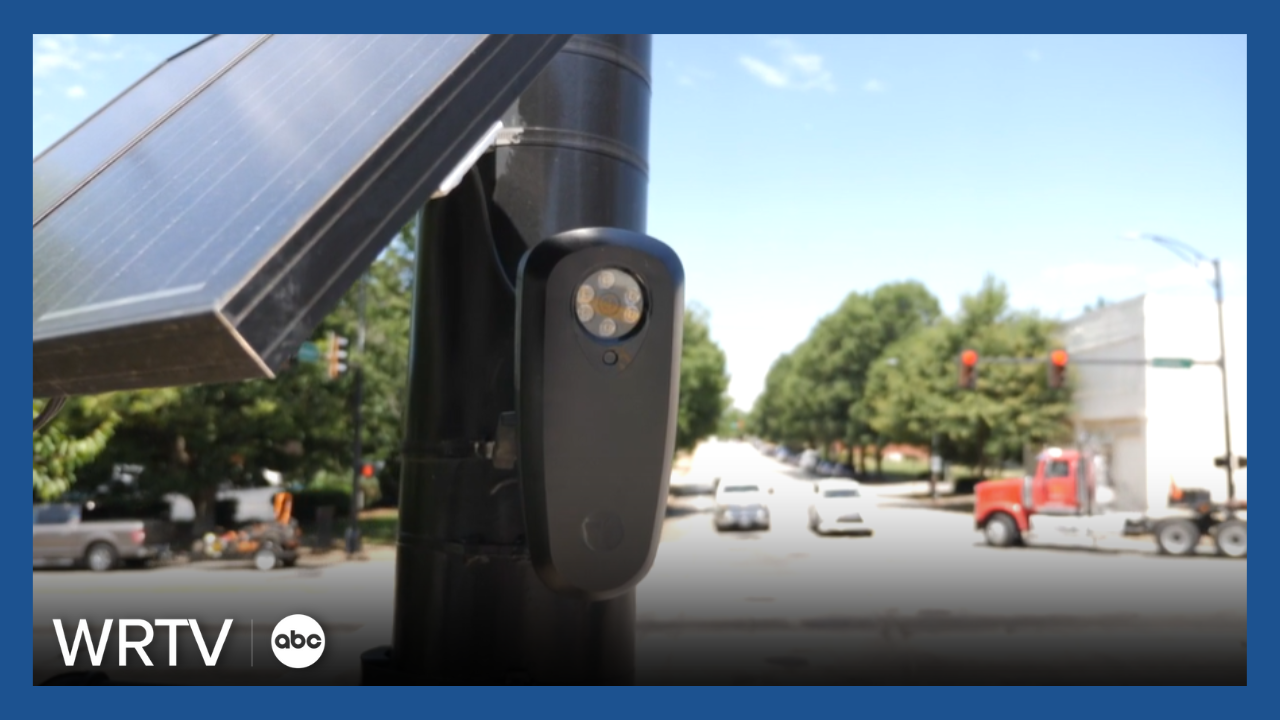WESTFIELD — A growing number of license plate recognition cameras are popping up along roads across Central Indiana. While law enforcement calls them an effective safety tool, others argue they raise some privacy concerns.
“It really is like a powerful public safety tool, honestly, to help locate and target criminal offenders,” said Westfield Police Department Assistant Chief Eric Grimes. “It captures the license plate, the make, model and color of a vehicle, and it timestamps that.”
Grimes said the technology is also being used for more than crime prevention.
“A grandpa from Michigan, the family did not know where they were at with the use of flock. We were able to intercept that vehicle in real-time and reunite that family member,” he said.
Grimes also argues that the devices help police respond to crime trends.
“It helps us get in front of some of these crime trends before they start impacting a specific part of the community,” Grimes said.
However, critics fear that the cameras may cross the line of privacy rights.
“They’re following you, and right now there’s nothing that prevents that,” said Hamilton County criminal defense attorney Eric Blankenship. “I think it is an overreach."
“The Supreme Court has recently ruled in another case that tracking cell phone data for too long is improper. So I’m not sure how this differs from that. If you were able to get a profile on a vehicle and watch that vehicle for as long as you want, at what point does it become too much?”
Privacy law experts say there is nothing illegal about the flock program at this time, but there could be issues if the cameras go beyond the outside of the vehicle.
“You know, putting cameras that survey public spaces is undoubtedly lawful,” said Fred Cate, distinguished professor at the Indiana University Maurer School of Law. “Having said all of that, though, there are some big questions. Are you identifying everyone? That’s much more intrusive than if you’re just capturing the video in case you need it at some point in the future.”
Flock Safety, the company behind the devices, said it works within local laws and oversight.
“It’s subject to their community’s values, their community’s laws, their community’s oversight,” said company spokesperson Holly Beilin.
Grimes emphasized that Westfield Police have implemented strict limits on the program's usage.
“There’s no facial recognition. It doesn’t store the data forever. It’s no more invasive than you sitting in your car and looking at that car sitting in traffic,” he said.
"We can't just randomly type in a license plate or randomly look at this type of car. We have to have an investigative lead to dial in to that specific car," Grimes added.







